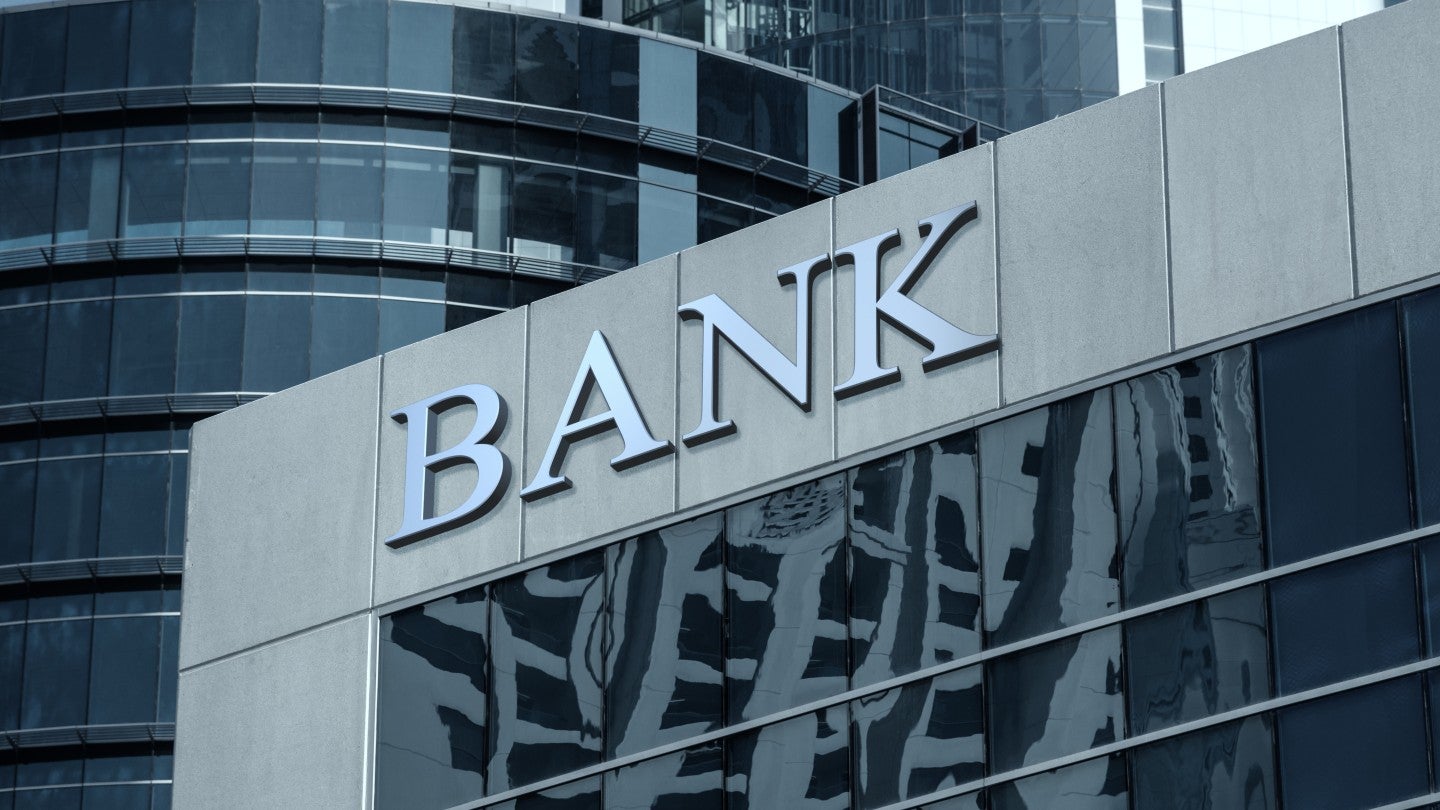
The Indian government is looking to reduce its stake in five state-run banks, potentially through sales or by allowing the banks to issue shares to large investors, Bloomberg reported.
This move aims to comply with minimum public holding requirements set by the Securities and Exchange Board of India (SEBI) and decrease the government’s stake in these lenders to below 75%.

Access deeper industry intelligence
Experience unmatched clarity with a single platform that combines unique data, AI, and human expertise.
SEBI mandates a 25% public shareholding for listed companies, though government-owned firms are exempt until August 2026.
UCO Bank, Central Bank of India, Indian Overseas Bank, Bank of Maharashtra, and Punjab and Sind Bank are the institutions identified for potential share sales, the news publication cited a government official as saying.
As per the plan, either the Department of Investment and Public Asset Management could manage the stake sales, or alternatively, the banks themselves may sell shares directly to major investors.
This decision is expected to enhance the liquidity of these banks, providing them with greater capacity for lending.

US Tariffs are shifting - will you react or anticipate?
Don’t let policy changes catch you off guard. Stay proactive with real-time data and expert analysis.
By GlobalDataAs of the end of September, the Indian government reported ownership of over 93% in Central Bank of India, 96.4% in Indian Overseas Bank, 95.4% in UCO Bank, 86.46% of the Bank of Maharashtra and 98.3% in Punjab and Sind Bank.
In November 2024, reports of Indian government contemplating the sale of minority stakes in four state-run banks surfaced.







